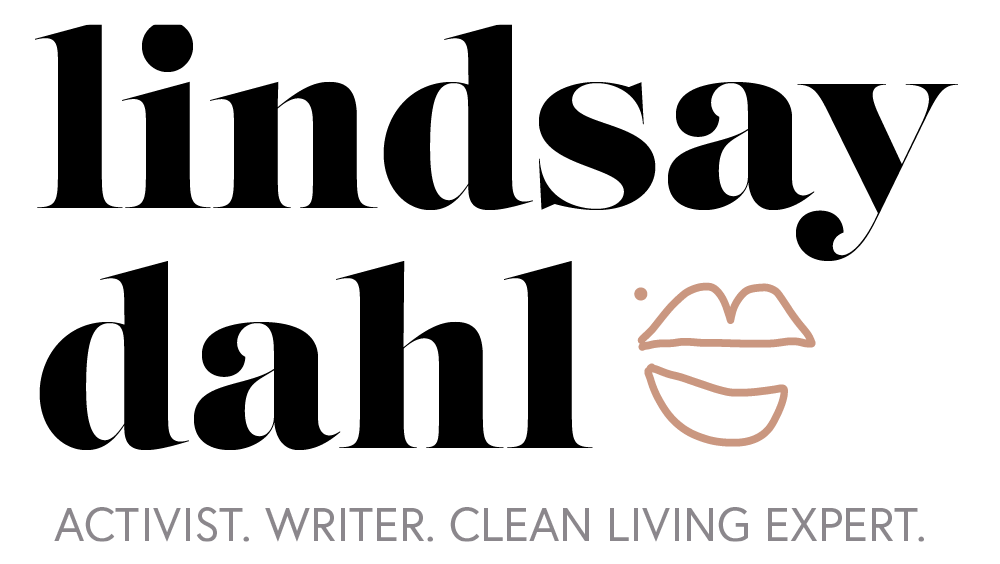A group of over 200 scientists recently published a consensus statement confirming the toxicity of triclosan and triclocarban, commonly used ingredients in liquid hand soaps and personal care products. The paper was published in the well respected peer reviewed journal Environmental Health Perspectives earlier this month.
You may recognize triclosan and triclocarban, as they have been widely used for the last ten years in “anti-bacterial” hand soaps, toothpaste, hand sanitizers, and wipes. Triclosan and its related chemical cousins have been considered chemicals of concern for our health and environmental toxicity, and yet they continue to be widely used in products we use everyday. The kicker? The chemicals haven’t even been proved to have anti-bacterial or anti-viral properties…
The scientific community is pushing back.
The FDA Acts
Last year the U.S. Food and Drug Administration (FDA) announced that they were restricting 19 chemicals in the triclosan family, moving the number of ingredients banned from personal care products up, slowly from the 11 banned, back in 1938. The agency took action after a decades long lawsuit by the leading environmental group the Natural Resources Defense Council (NRDC). The FDA cited a lack of evidence that triclosan and related chemicals actually had any anti-bacterial properties…the evidence basically pointed to a marketing scam that resulted in endless products using a chemical that pollutes our bodies and the environment.
What the “consensus statement” means
The scientific consensus statement is a powerful display of leading scientists agreeing on the harm that a certain chemical can cause to human health or the environment. The scientific community isn’t always aligned on potential harm that can come from exposure to a chemical, but the science is so strong around triclosan, that the leading experts created a paper to show their support; they are calling on international governments to act on triclosan and triclocarban.
How you can avoid triclosan and triclocarban
- Use good old fashioned soap and water to wash your hands (no need to buy soaps that are “anti-bacterial”)
- Avoid products that have triclosan or triclocarban on the label or ingredient list (with a special emphasis on soaps, hand sanitizers, wipes etc)
- Shop with safer beauty brands that do not use these chemicals, explore my favorite products HERE
- Avoid purchasing products for your home that are marketed as “anti-bacterial/viral” (cutting boards, tooth paste)
Join my mailing list and never miss a post.



